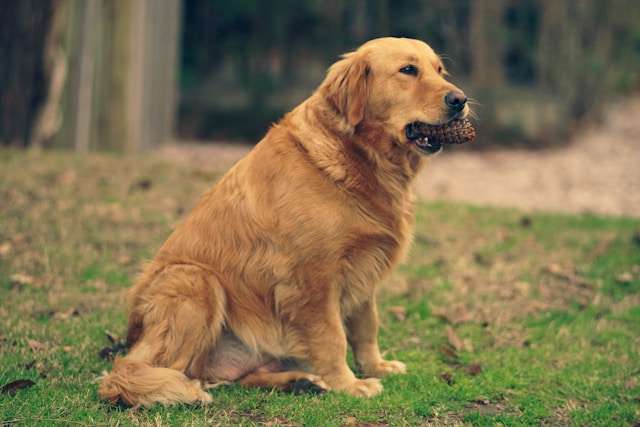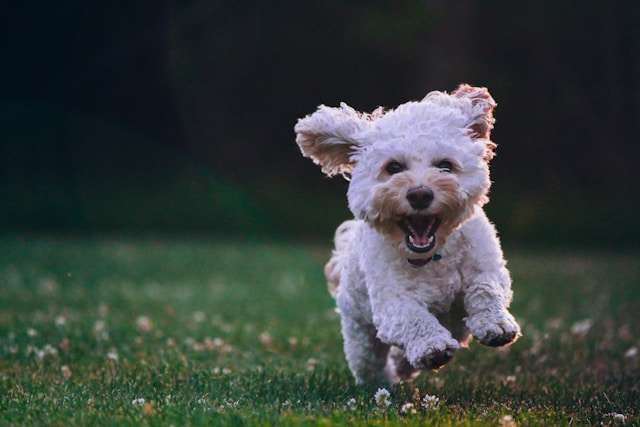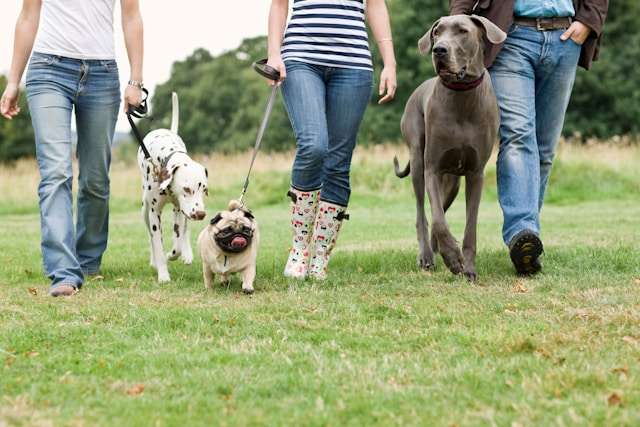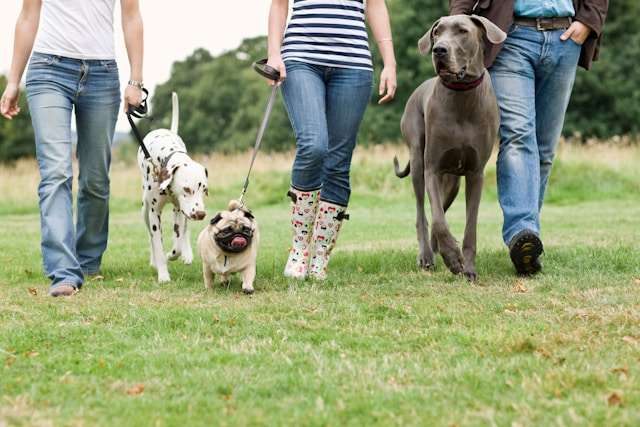Irresistible Havanese Breed of Dogs
Introduction to the Havanese Breed of Dogs
Irresistible Havanese Breed of Dogs The Havanese breed is a charming and affectionate dog with a rich history and distinctive characteristics. Originating from Cuba, these small dogs have become popular companions in many households. Known for their playful nature and endearing looks, Havanese dogs are an ideal choice for families and individuals alike.
This comprehensive guide will explore the myriad benefits of owning a Havanese, provide practical care tips, and address common misconceptions associated with this delightful breed.
Table of Contents
Origin and History
The Havanese breed traces its roots back to the 16th century in Cuba, where they were bred from the now-extinct Blanquito de la Habana. They were favored by the Cuban aristocracy and were often seen in the homes of wealthy families.
With their lively temperament and affectionate nature, these dogs quickly became beloved companions. The breed was introduced to the United States in the 1970s, where its popularity has since soared, thanks to its charming personality and adaptability.
Characteristics of the Havanese
Havanese dogs are small, sturdy, and have a long, flowing coat that can come in various colors, including white, black, and chocolate. Typically weighing between 7 to 13 pounds, they stand around 8 to 11 inches tall at the shoulder.
Their expressive eyes and gentle expression contribute to their endearing appearance. Havanese dogs are known for their lively and playful demeanor, making them a joy to have around. They possess a unique combination of intelligence and affection, which makes them easy to train and delightful companions.
Advantages of Owning a Havanese
Companionship and Affection
One of the most significant advantages of owning a Havanese is their unwavering companionship. They are known for their loyalty and affection towards their owners, often forming strong bonds with family members.
This breed thrives on human interaction and is known to follow their owners around the house, seeking attention and companionship. Their loving nature can help alleviate feelings of loneliness, making them excellent emotional support animals.
Moreover, Havanese dogs are known for their playful attitude, and they often engage happily in family activities. They are great with children, providing both fun and companionship, and they can adapt their playfulness to suit older adults as well.
This affectionate behavior makes Havanese a delightful addition to any home, creating a warm and loving environment.
Intelligence and Trainability
Havanese dogs are highly intelligent and eager to learn, making them relatively easy to train. Their intelligence allows them to pick up commands quickly, and they often enjoy the training process.
Positive reinforcement techniques, such as treats and praise, work particularly well with Havanese, encouraging them to learn and perform new tricks and commands.
Whether you are teaching basic obedience or advanced tricks, Havanese dogs respond well to consistent training methods. They thrive on mental stimulation, so engaging them in training sessions not only teaches them good manners but also keeps them mentally active, which is essential for their overall well-being.
Low Shedding and Hypoallergenic Qualities
Another advantage of owning a Havanese is their low shedding and hypoallergenic qualities. For individuals or families with allergies, the Havanese is an ideal choice as they produce minimal dander and hair.
Their unique hair structure is similar to human hair, which means they do not shed as much as other breeds. This quality makes them suitable for households where allergies may be a concern.
While regular grooming is necessary to maintain their beautiful coats, the minimal shedding can significantly reduce the amount of pet hair in your home. Keeping a regular grooming schedule ensures that their coats remain healthy and free of mats, while also providing an opportunity to bond with your pet.
Adaptability to Various Living Situations
The Havanese breed is remarkably adaptable to various living situations, making them suitable for both city and country living. Their small size allows them to thrive in apartments, as they do not require a vast amount of space to be happy.
However, they enjoy outdoor activities and can adapt to homes with backyards, where they can play and explore.
These dogs are known for their calm demeanor and can adjust their energy levels according to their environment. This adaptability makes them excellent companions for individuals who may have different lifestyles or living arrangements. Whether you live in a bustling city or a quiet suburb, a Havanese can seamlessly fit into your life.
Good with Children and Other Pets
Havanese dogs are particularly good with children and other pets, which adds to their appeal as family dogs. They possess a gentle temperament and are known to be playful and affectionate, making them wonderful companions for children.
Their playful nature encourages social interaction, and they often enjoy games and activities with kids, fostering a loving bond between them.
In addition, Havanese dogs typically get along well with other pets, including dogs and cats. Their friendly disposition allows them to coexist peacefully, making them a great choice for multi-pet households. With proper socialization from a young age, Havanese can thrive in a family environment, providing love and companionship to all members.
Caring for Your Havanese
Nutritional Needs
To ensure your Havanese remains healthy and energetic, it is crucial to provide a balanced diet tailored to their specific needs. High-quality dog food formulated for small breeds is recommended, as it typically contains the proper nutrients to support their overall health. Look for dog foods that list meat as the first ingredient and are free from fillers and artificial additives.
Portion control is also vital, as Havanese can be prone to obesity if overfed. Consult with your veterinarian to determine the appropriate serving size based on your dog’s age, weight, and activity level. Fresh water should always be available, and regular feeding schedules will help maintain their digestive health.
Grooming Requirements
Grooming is an essential aspect of caring for a Havanese dog due to their long, luxurious coats. Regular brushing, at least two to three times a week, is necessary to prevent matting and tangles. Many owners choose to take their Havanese to a professional groomer every few months for a trim, which can help maintain their coat’s health and appearance.
In addition to brushing, regular baths are important to keep their coats clean and free of oils. During grooming sessions, it’s also advisable to check their ears for dirt and wax buildup, as well as their nails to ensure they are kept trimmed.
These grooming practices not only help maintain your dog’s appearance but also create a bonding experience between you and your pet.
Exercise and Playtime
Despite their small size, Havanese dogs are energetic and require regular exercise to stay healthy and avoid boredom. Daily walks, playtime in the yard, or engaging in interactive games are all excellent ways to keep your Havanese active. These activities not only promote physical health but also provide essential mental stimulation.
Interactive toys and puzzle games can help challenge their minds, keeping them engaged and entertained. Additionally, regular exercise fosters a healthy weight and can help alleviate behavioral issues that may arise from pent-up energy.
Havanese dogs thrive on companionship, so including them in family activities is an effective way to ensure they receive the social interaction and physical exercise they need.
Regular Veterinary Care
Maintaining your Havanese’s health requires regular veterinary care. Routine check-ups allow for early detection of potential health issues, ensuring your dog receives appropriate treatment. Vaccinations, flea and tick prevention, and dental care are all important aspects of your pet’s health management.
Havanese dogs are generally healthy, but they can be predisposed to certain conditions, such as hip dysplasia and eye disorders. Regular vet visits allow for monitoring of these issues and can help maintain your dog’s quality of life. Discuss any concerns you have with your veterinarian to ensure your Havanese remains happy and healthy throughout their life.
Common Misconceptions about the Havanese Breed of Dogs
Size and Space Requirements
One common misconception about Havanese dogs is that they require a significant amount of space due to their small size. In reality, Havanese can thrive in various living situations, from small apartments to larger homes with yards.
They do not need extensive space to run, as long as they receive regular exercise and mental stimulation. Their adaptability enables them to adjust to their owners’ lifestyles, making them suitable for urban dwellers and suburban families alike.
Many people underestimate the amount of affection and loyalty that Havanese can offer, believing that their small stature may limit their capacity for companionship. However, these dogs are known for forming strong emotional bonds with their owners and can provide as much love and loyalty as larger breeds.
Temperament and Behavior
Another misconception about the Havanese breed is that they can be overly hyperactive or difficult to manage due to their playful nature. In reality, Havanese dogs are generally well-balanced and can exhibit calm behavior when appropriately trained and exercised.
Their friendly demeanor makes them less likely to display aggressive tendencies, which is often misconstrued as hyperactivity.
Proper socialization from a young age can help mitigate any behavioral issues. With regular exercise and mental challenges, Havanese dogs can maintain a calm and friendly temperament, making them suitable companions for various households.
Training Challenges
Some potential dog owners may believe that Havanese are challenging to train due to their small size and playful nature. While it is true that small dogs can sometimes be more stubborn, Havanese are generally eager to please their owners, which can facilitate the training process.
With consistent, positive reinforcement techniques, most Havanese can learn commands and tricks fairly quickly.
Owners must commit to regular training sessions and maintain patience throughout the process. The key to successful training is to create a fun, engaging atmosphere that encourages the dog to participate willingly. By doing so, Havanese can become well-mannered companions who excel in various activities.
Conclusion
Summary of Benefits
In summary, owning a Havanese dog comes with numerous benefits, including their affectionate nature, intelligence, low-shedding coat, and adaptability to various living situations. They make excellent companions for families and individuals alike and are suitable for households with children and other pets.
Proper care, including nutrition, grooming, exercise, and veterinary attention, ensures that your Havanese remains healthy and happy throughout their life.
Encouragement for Potential Havanese Owners
For those considering adding a Havanese to their family, the rewards are plentiful. These charming dogs are known for their loyalty and playful spirit, bringing joy and companionship to any household. By understanding the needs and characteristics of this breed, you can ensure a successful and fulfilling relationship with your Havanese.
Embrace the opportunity to enrich your life with the love and affection that a Havanese can provide.
FAQs
What is the average lifespan of a Havanese dog?
The average lifespan of a Havanese dog is typically around 14 to 16 years, provided they receive proper care and regular veterinary check-ups.
Do Havanese dogs require a lot of exercise?
While Havanese dogs enjoy exercise, they do not require extensive amounts. Daily walks and playtime are usually sufficient to keep them healthy and happy.
Are Havanese good for first-time dog owners?
Yes, Havanese are excellent choices for first-time dog owners due to their friendly nature, trainability, and adaptability to various living situations.
Do Havanese dogs bark a lot?
Havanese can be vocal, but excessive barking can often be managed with proper training and socialization.
What grooming needs do Havanese dogs have?
Havanese dogs require regular grooming, including brushing several times a week and occasional professional grooming to maintain their coat.







